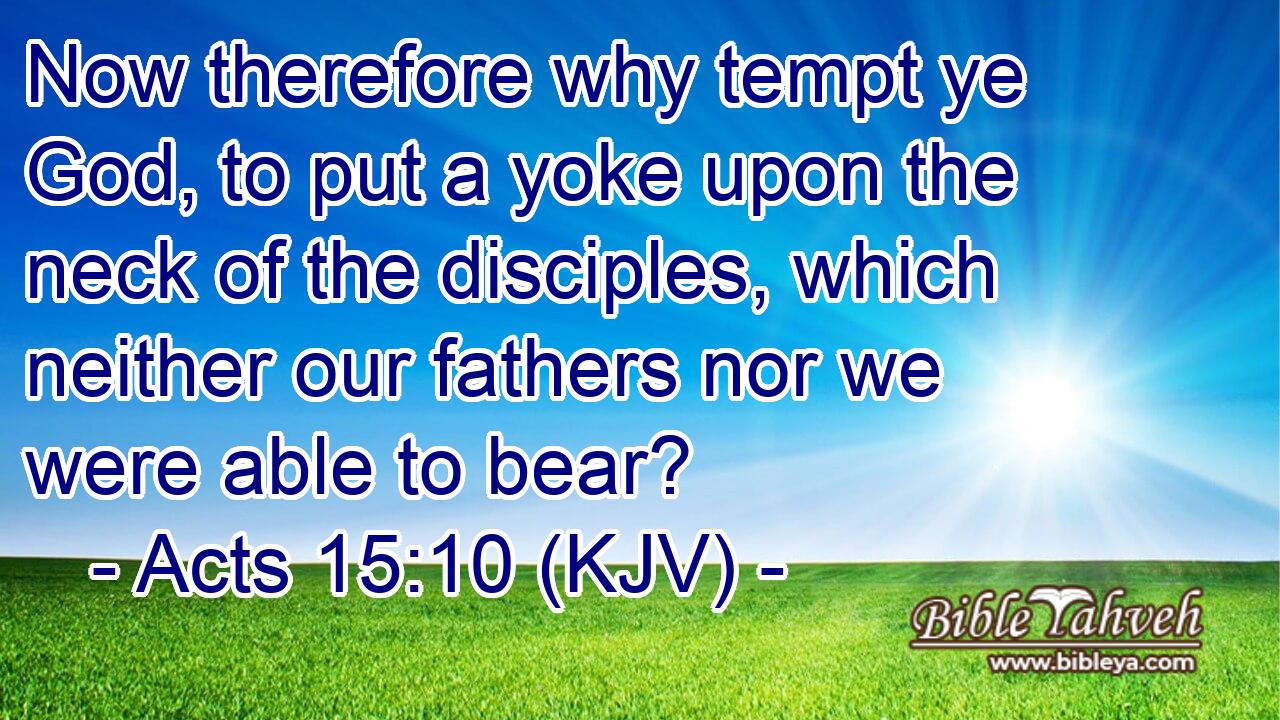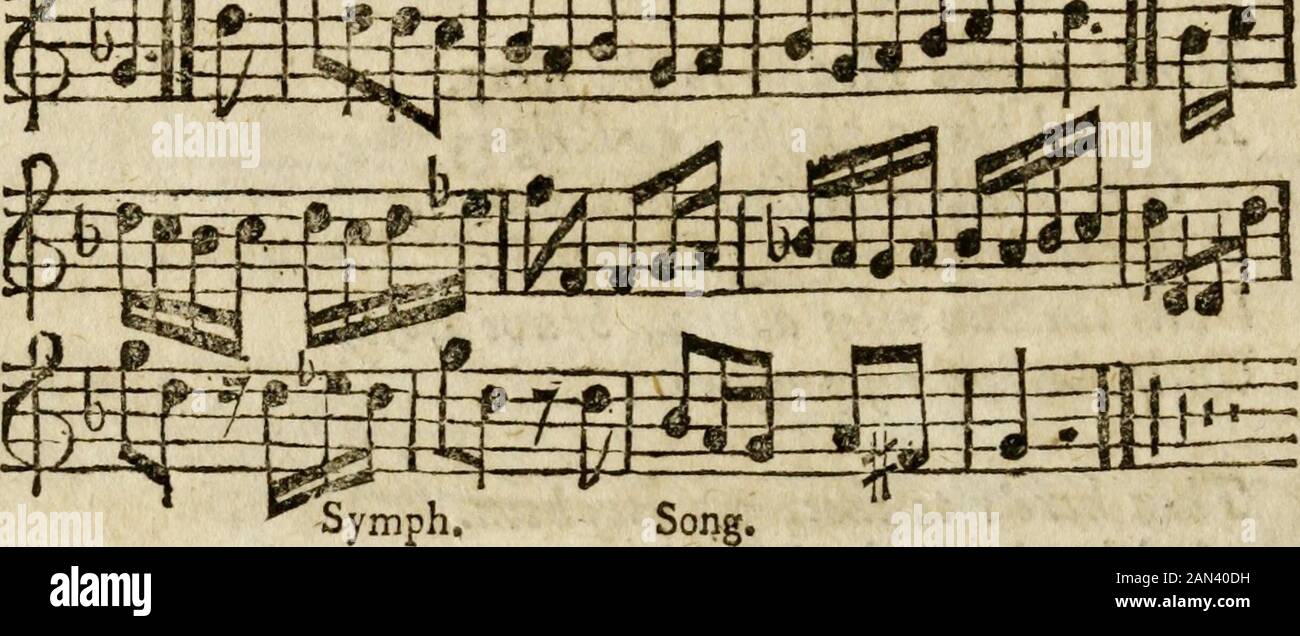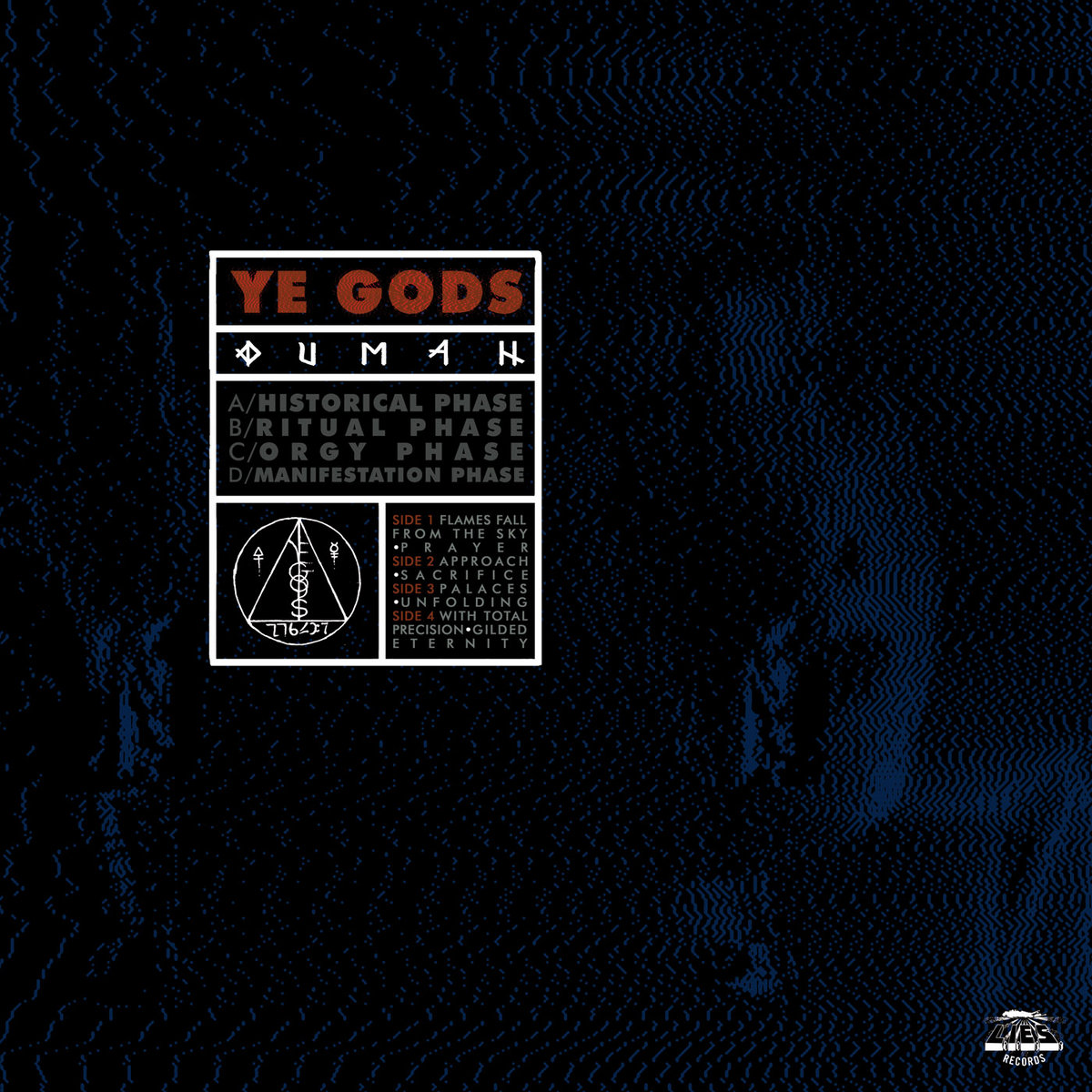
For though there be that are called gods, whether in heaven or in earth, (as there be gods many, and lords many,) Yet, 1 Corinthians 8:4-6 As concerning therefore the eating of those things that are offered in sacrifice unto idols, we know that an idol is nothing in the world, and that there is none other God but one. We are to have no other gods before Him ( Exodus 20:3 Thou shalt have no other gods before me.

Isaiah 44:6 Thus saith the LORD the King of Israel, and his redeemer the LORD of hosts I am the first, and I am the last and beside me there is no God. For thou art great, and doest wondrous things: thou art God alone. All nations whom thou hast made shall come and worship before thee, O Lord and shall glorify thy name. In this sense, He alone is God ( Psalm 86:8-10 Among the gods there is none like unto thee, O Lord neither are there any works like unto thy works. Only God has all power and is fully exalted.

My suspicion is that it was a catchphrase from a play or popular song that is now lost to us.The title, god, carries the idea of one who is exalted and powerful. ‘Ye gods and little fishes!’ John Tyler and Napoleon Bonaparte!”.īut why the little fishes? Sorry, I’ve no idea, except there may be a disguised Biblical reference in there somewhere, perhaps to the story of the feeding of the five thousand in St Matthew’s Gospel. Tyler’s friends in their great devotion to their great chief, have compared him to Napoleon. A good one appears in Early Indiana Trials and Sketches by Oliver Hampton Smith, of 1858: “Mr. I’ve found several examples from the 1850s, which suggest that by then it was well known.

However, ye gods and little fishes is characteristically American, an example of the embellishment and ornamentation that was common in the inflated language of the nineteenth century. It’s an elaboration of the older ye gods!, an exclamation that dates back at least to the seventeenth century in Britain, a way of calling on higher powers in a mock-heroic way without actually bringing the wrath of the Church down on you for blasphemy.

Can you help with its origin?Ī I can help a bit, but the mists of word history obscure its early story. Of the interjection Ye gods and little fishes!. Q From Harald Beck: Someone who is not on the Internet has asked about the origin


 0 kommentar(er)
0 kommentar(er)
